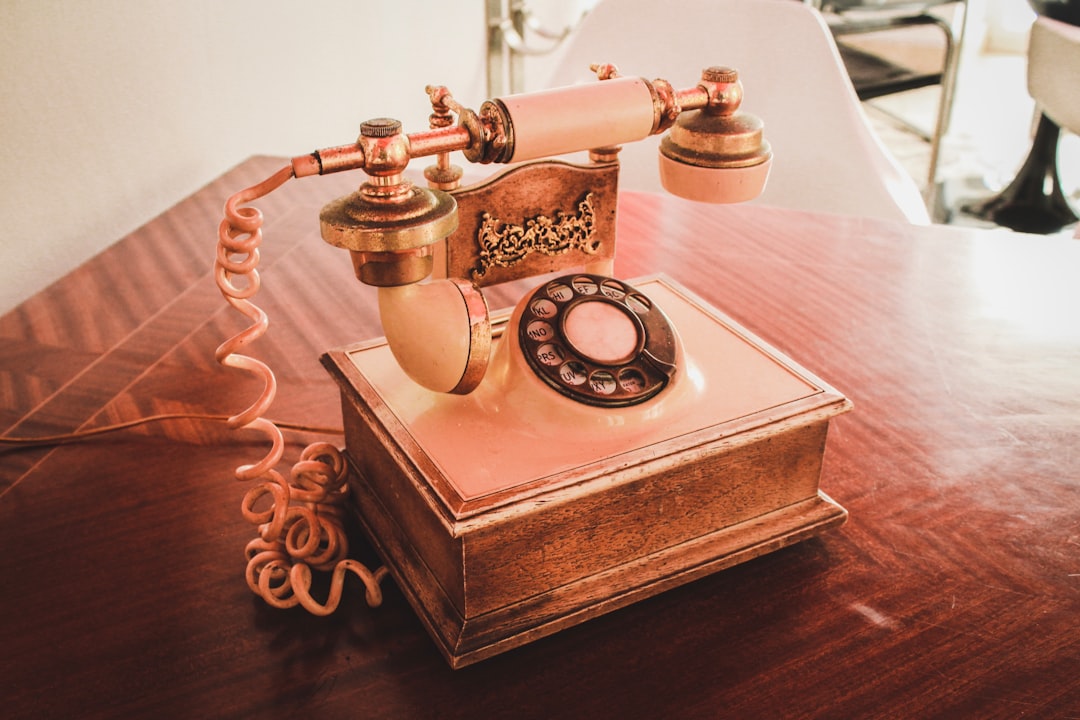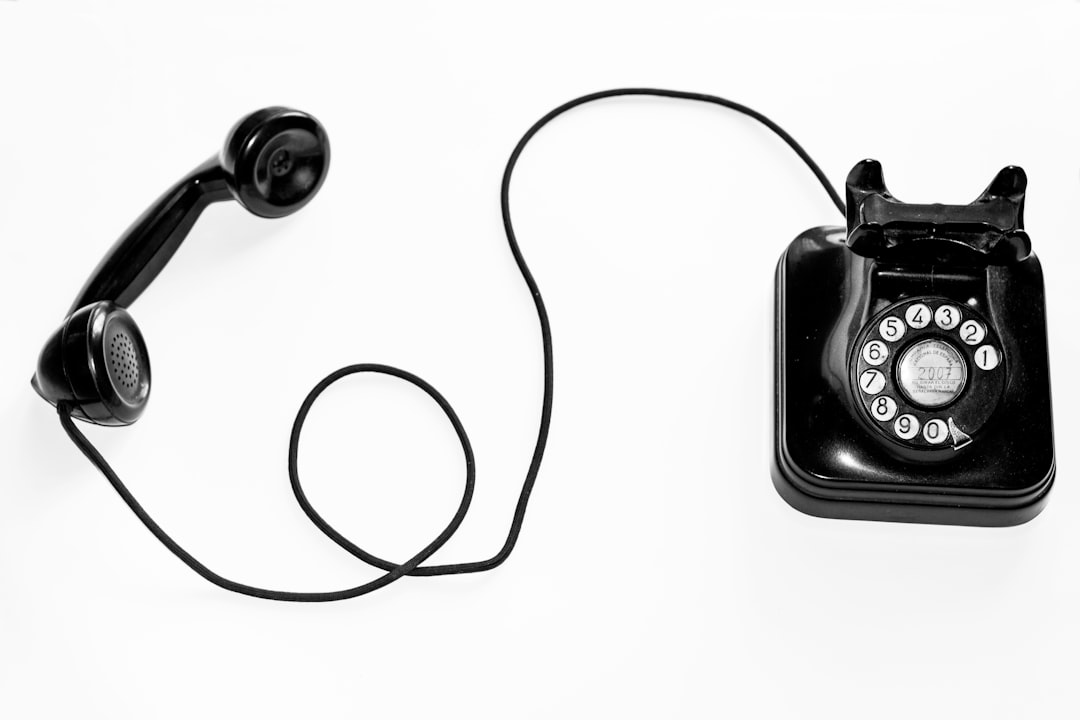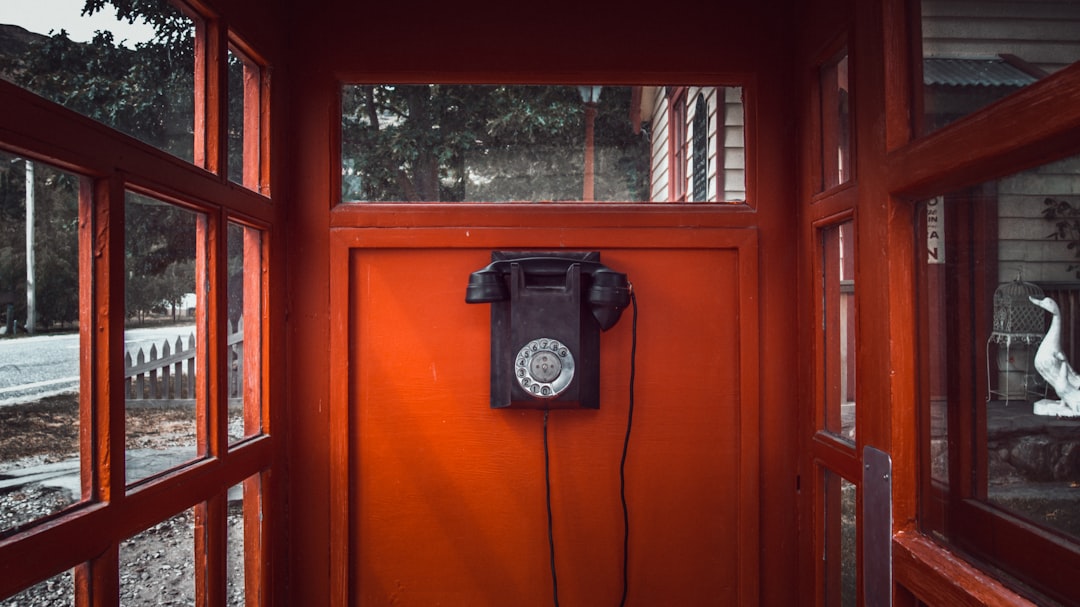Nonprofits in Massachusetts must be aware of the Telephone Consumer Protection Act (TCPA) regarding robocalls. Unsolicited automated calls for telemarketing are illegal without prior consent and can cause legal issues and financial penalties. Massachusetts residents can file complaints with the FTC and seek compensation through litigation, especially if caused by spam calls. Specialized spam call law firms in Massachusetts help nonprofits understand their rights, navigate legal action, and potentially pursue claims against offending parties under the Can I Sue For Robocalls Massachusetts framework.
In today’s digital age, nonprofits in Taunton face unprecedented challenges from unwanted robocalls, which can disrupt operations and harm donor relationships. This article is a comprehensive guide for nonprofit organizations navigating the complex landscape of robocall regulations in Massachusetts. We’ll explore legal options like suing for robocalls (Can I Sue For Robocalls Massachusetts?), the role of spam call law firms and lawyers (Spam Call Law Firm Massachusetts), and effective strategies to protect your organization from TCPA (Telecommunications Act) missteps.
Understanding Robocall Regulations in Massachusetts: A Nonprofit's Guide

In Massachusetts, robocall regulations are governed by the Telephone Consumer Protection Act (TCPA). Nonprofits operating in this state must be aware of the laws surrounding automated telephone marketing to avoid potential legal issues and financial penalties. The TCPA restricts the use of automated dialing systems and prerecorded messages for telemarketing purposes without prior express consent from recipients.
If your nonprofit organization receives complaints or suffers damages due to unsolicited robocalls, you may have legal recourse. Massachusetts residents who believe they’ve been violated by these calls can file a complaint with the Federal Trade Commission (FTC) and potentially seek compensation through litigation. Engaging a specialized spam call law firm in Massachusetts, such as those experienced in TCPA-related cases, can help your nonprofit understand its rights and take appropriate action, including pursuing legal claims against offending parties.
What Constitutes a Violation: Recognizing Unwanted Calls

Unwanted robocalls are more than just a nuisance; they can be illegal violations that pose significant risks to nonprofits in Taunton and across Massachusetts. Recognizing these violations is the first step towards protecting your organization. A robocall, or automatic telephone dialing system (ATDS), becomes a violation when it’s used to make calls to individuals who have not given explicit consent, often known as “do-not-call” lists. These automated calls are typically used for marketing purposes and can be particularly problematic for nonprofits as they often rely on phone communication for fundraising, awareness campaigns, or community engagement.
In Massachusetts, the Telephone Consumer Protection Act (TCPA) prohibits these types of unsolicited calls. If you receive a robocall, there are ways to identify potential violations: look for automated prompts, hang up and redial the number to see if it reconnects automatically, or check if the caller’s ID displays an unknown or blocked number. If your nonprofit has received such calls, consulting with a Spam call law firm or lawyer specializing in TCPA cases in Massachusetts can help determine if legal action is warranted, including potential compensation for each violative call under the Can I Sue For Robocalls Massachusetts framework.
Legal Options: Can You Sue for Robocalls in Taunton?

If you’re a nonprofit in Taunton, Massachusetts, and you’ve been targeted by robocalls, knowing your legal options is crucial. While it might seem like an overwhelming task to take on, there are avenues for recourse. The Telephone Consumer Protection Act (TCPA) is a federal law designed to curb automated telemarketing calls, including those considered spam or unwanted. If a nonprofit’s phone lines are consistently bombarded with robocalls in violation of the TCPA, legal action can be taken against the offenders.
In Massachusetts, as well as across the nation, several legal options are available to nonprofits affected by robocalls. The most direct course is to consult with a spam call law firm or lawyer specializing in TCPA cases. These legal professionals can guide you through the process of filing a complaint with relevant authorities and, if necessary, pursuing litigation to obtain compensation for any damages incurred due to the illegal robocalls.
The Role of Spam Call Law Firms and Lawyers in Massachusetts

In Massachusetts, the fight against robocalls has a legal dimension, with strict regulations in place to protect consumers from unwanted phone marketing. The Telephone Consumer Protection Act (TCPA) is a federal law that prohibits automated or prerecorded calls to mobile phones and landlines without prior express consent. Those who violate this act can face significant financial penalties. If you’ve received robocalls in Taunton, knowing your rights is crucial.
Spam call law firms and lawyers in Massachusetts specialize in enforcing the TCPA and helping individuals who have been victimized by unsolicited calls. They play a vital role in holding companies accountable for TCPA violations. These legal experts can guide you on whether you can sue for robocalls in Massachusetts, assess potential compensation, and represent you in negotiations or court proceedings. If you believe you’ve been harmed by spam calls, reaching out to a local Spam call lawyer or law firm could be a significant step towards justice and financial redress.
Protecting Your Nonprofit: Strategies to Avoid TCPA (Telecommunications Act) Missteps

Protecting your nonprofit from robocall violations is crucial to avoid legal missteps under the Telecommunications Act (TCPA). In Massachusetts, the spam call law is strictly enforced, and organizations can be held liable for unauthorized automated calls. To safeguard your organization, implement robust do-not-call practices. Ensure you have an opt-out mechanism in place during phone interactions, clearly communicate your nonprofit’s policy on automated calls, and regularly audit your contact lists to remove any inactive or invalid numbers.
Consider engaging a reputable spam call law firm or lawyer specializing in TCPA cases in Massachusetts. Legal professionals can provide guidance tailored to your organization’s needs, helping you navigate the complex regulations surrounding robocalls. If your nonprofit has experienced unauthorized calls, consult with an attorney to assess potential legal recourse, including the possibility of suing for robocalls in Massachusetts.






